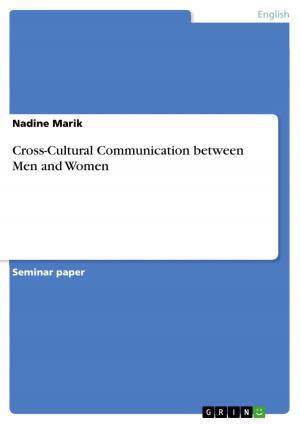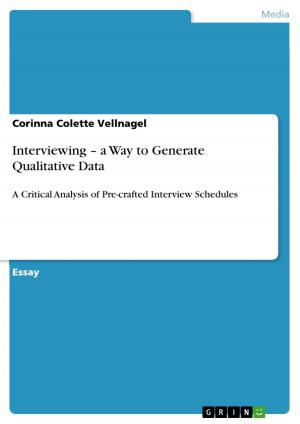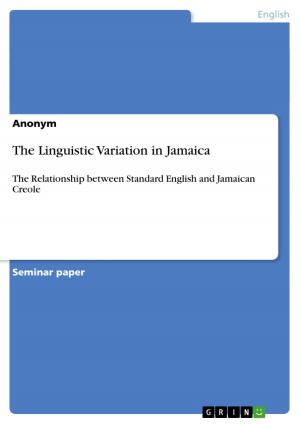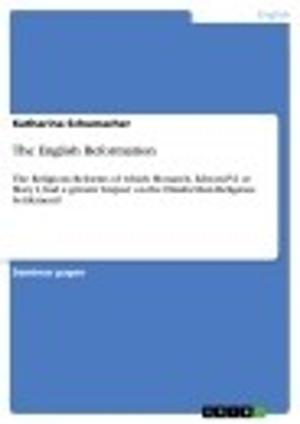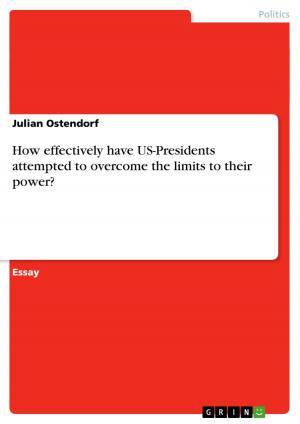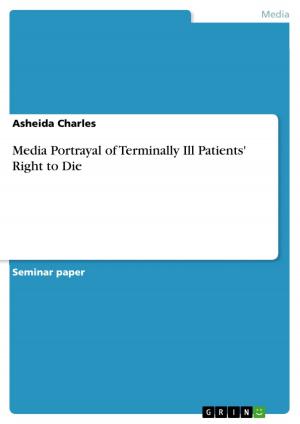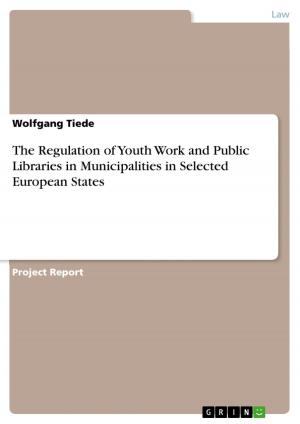Implications of US Patriot act on human rights: Analysis
Nonfiction, Reference & Language, Law, International| Author: | Philip Mathew | ISBN: | 9783640122349 |
| Publisher: | GRIN Publishing | Publication: | July 29, 2008 |
| Imprint: | GRIN Publishing | Language: | English |
| Author: | Philip Mathew |
| ISBN: | 9783640122349 |
| Publisher: | GRIN Publishing |
| Publication: | July 29, 2008 |
| Imprint: | GRIN Publishing |
| Language: | English |
Scientific Essay from the year 2007 in the subject Law - Comparative Legal Systems, Comparative Law, grade: C, National University of Juridical Sciences (National University of Juridical Sciences), 15 entries in the bibliography, language: English, abstract: Against the backdrop of the horrendous happenings of 11th September,2001 the American Congress, cloaked in fear capitulated to the Bush administration's demand for a new anti-terror law by overlooking the tumultuous objections from the civil liberties organization from both ends of the political spectrum. The Congress approved the Uniting and Strengthening America by Providing Appropriate Tools Required to Intercept and Obstruct Terrorism Act, which is better known by its acronym the U.S.A PATRIOT ACT with an overwhelming majority of 356 votes to 66 in the House and 98 votes to one in the U.S Senate1. In the process the Congress brushed aside a more promising anti-terrorism bill that the House Judiciary Committee had unanimously approved, that would have addressed a number of civil liberties concerns. The complex and far reaching legislation was drafted hastily and without being subjected to much debates and discussion or conferences or committee reports that any other significant act would undergo was signed and made a law by the president of the United States, George W. Bush on 26th October 2001. This essay deals with the implications of U.S.A. patriot act on human rights.
Scientific Essay from the year 2007 in the subject Law - Comparative Legal Systems, Comparative Law, grade: C, National University of Juridical Sciences (National University of Juridical Sciences), 15 entries in the bibliography, language: English, abstract: Against the backdrop of the horrendous happenings of 11th September,2001 the American Congress, cloaked in fear capitulated to the Bush administration's demand for a new anti-terror law by overlooking the tumultuous objections from the civil liberties organization from both ends of the political spectrum. The Congress approved the Uniting and Strengthening America by Providing Appropriate Tools Required to Intercept and Obstruct Terrorism Act, which is better known by its acronym the U.S.A PATRIOT ACT with an overwhelming majority of 356 votes to 66 in the House and 98 votes to one in the U.S Senate1. In the process the Congress brushed aside a more promising anti-terrorism bill that the House Judiciary Committee had unanimously approved, that would have addressed a number of civil liberties concerns. The complex and far reaching legislation was drafted hastily and without being subjected to much debates and discussion or conferences or committee reports that any other significant act would undergo was signed and made a law by the president of the United States, George W. Bush on 26th October 2001. This essay deals with the implications of U.S.A. patriot act on human rights.

